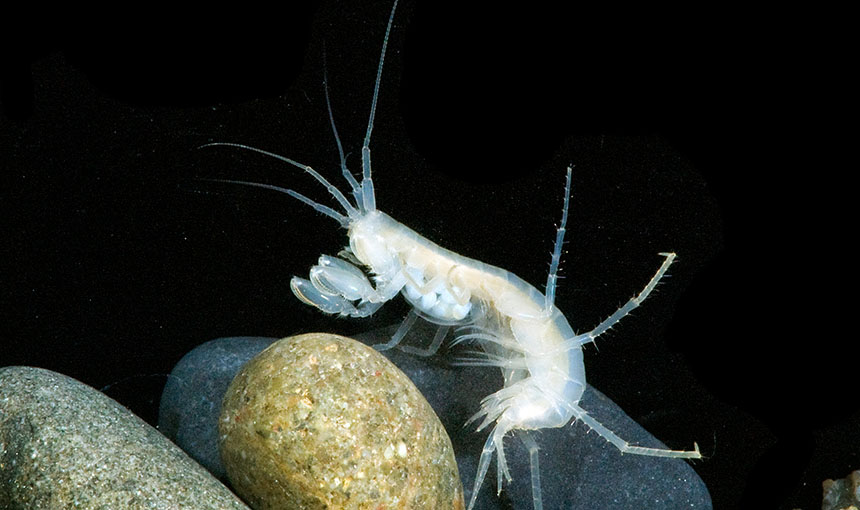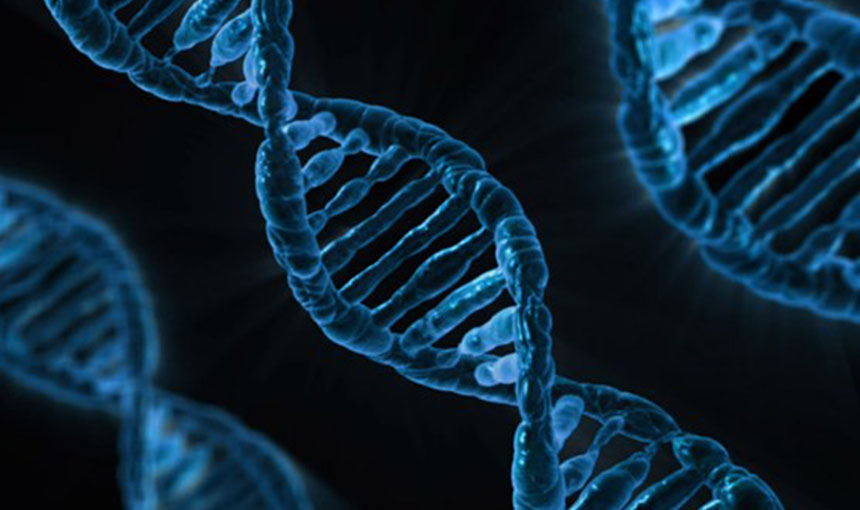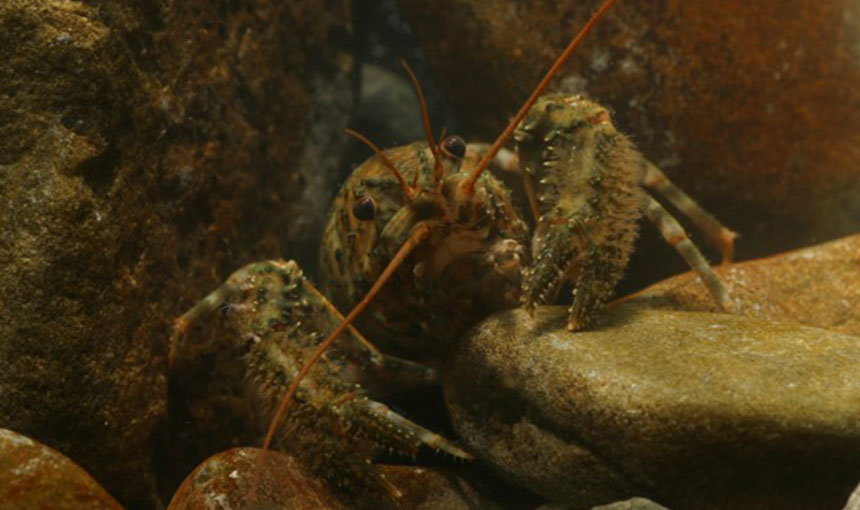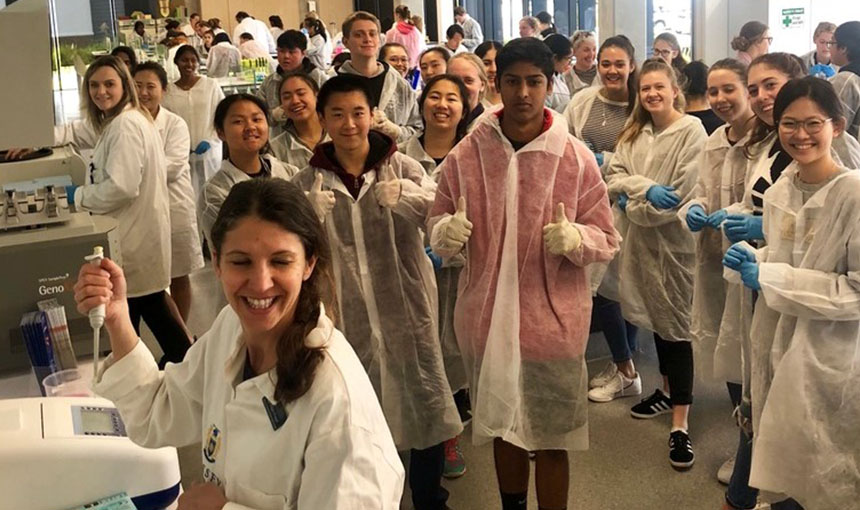The Groundwater Biodiversity Project
The unsung heroes of our groundwater system – bacteria that remove contaminants and tiny invertebrates that keep the bacteria in balance – are helping researchers assess the health of freshwater ecosystems.

Led by NIWA’s Dr Graham Fenwick and ESR’s Dr Louise Weaver, this ground-breaking research project is sampling biofilm bacteria and invertebrates to evaluate measures of biodiversity and indicators of ecosystem health using traditional and genetic information.
DNA profiling, led by Ian Hogg at Waikato University, is being used to identify, differentiate and characterise invertebrate species that have adapted to living underground without sunlight. ESR is characterising bacterial communities using DNA, and trialling eDNA approaches to measuring total groundwater biodiversity.
The project team is also investigating changes in the biodiversity of groundwater bacteria and invertebrates across three regions – Nelson, Canterbury and Hawke’s Bay – seven catchments and varying land-use situations.
By measuring and monitoring biodiversity and ecosystem resilience, this project is contributing to BioHeritage’s goal of empowering New Zealanders so they feel inspired to protect our environment.
Issues & Impacts
Results are being added to reference databases to support ongoing conservation and groundwater management across Aotearoa New Zealand – the databases are expected to be available in early 2019.
The health of groundwater is a topic of intense public interest. The contamination of Havelock North’s water supply alerted New Zealanders to the vital importance of maintaining healthy groundwater. This increasingly precious resource must be managed carefully – in some places groundwater is being consumed faster than it can be replaced.
Māori communities and regional councils are helping with fieldwork for the project. Groundwater specialists at Environment Canterbury, Hawke’s Bay Regional Council and Environment Southland identified candidate bores and suitable land-use types and assisted with sampling from the aquifers.
Publications
Research Partners
BioHeritage’s role is to break down barriers between organisations and individual scientists by coordinating and focusing the research of top scientists from our 18 Challenge Parties.
This project is being driven by Challenge Parties NIWA and ESR, with support from organisations including the University of Waikato and regional councils including Environment Southland.


